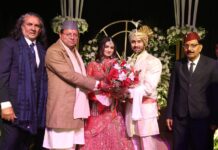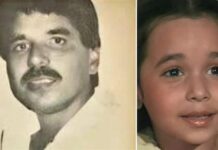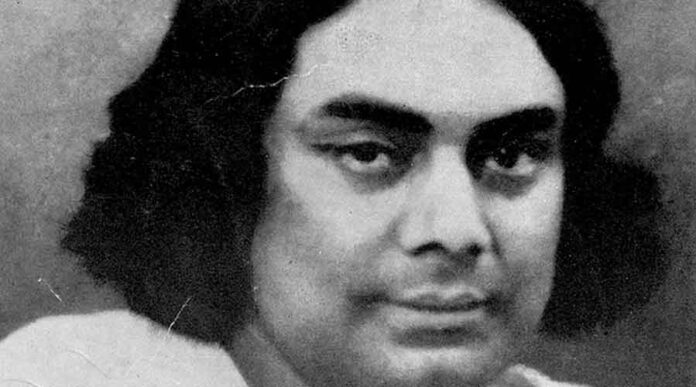The family members and admirers of Bengal’s revolutionary poet, Kazi Nazrul Islam (in picture above), have protested against A.R. Rahman’s reinterpretation of the author’s iconic song, Karar oi louho kopat, for Raja Krishna Menon’s Pippa. Nazrul’s grandson, Anirban Kazi, called it “an insult to the good faith with which the recreation licence was given to the production house”. In protest, he wants his family’s name removed from the film’s credit list.
Anirban said on November 10, “We could not fathom that an artiste like Rahman could be so insensitive and murder the song like this. As a protest, I don’t want our family’s name in ‘Special Thanks’ in the film’s credit line. That was one of the clauses in our agreement with the production house. I have shared my reservations with the production house.”
Meanwhile, the production house, Roy Kapur Films, has issued an apology and classificatory statement which reads, “In light of the current discourse surrounding the song ‘Karar Oi Louho Kopat’, the producers, director, and music composer of the film Pippa wish to clarify that our rendition of the song is a sincere artistic interpretation, embarked upon only after securing the necessary adaptation rights from the estate of late Mr. Kazi Nazrul Islam.”
The statement further adds, “We approached the making of this song by faithfully following both, the letter and the spirit, of the licence agreement for the lyrics, as duly signed with late Mrs. Kalyani Kazi and witnessed by Mr. Anirban Kazi.”
In the statement, the producers apologised for hurting the sentiments of people, saying, “Our intent was to pay homage to the cultural significance of the song while adhering to the terms set forth in our agreement, which permitted us to use the lyrics with a new composition. We understand the emotional attachment that audiences may have to the original composition, and while all art is inherently subjective, if our interpretation has hurt sentiments or caused unintended distress, we offer our sincere apologies.”
Many admirers of the poet had joined the protest. “What a decomposition,” wrote filmmaker Amit Sen on social media. Rupankar Bagchi, whose tribute is available online, said, “I feel very sad to hear it. Rahman is one of the finest. I am shocked to see him doing this.”
Nazrul Kazi had written Karar oi louho kopat on June 20, 1922. “When freedom fighter Chittaranjan Das was imprisoned in 1922, his wife, Basanti Devi, had asked my grandfather to pen something for ‘Banglar Katha’,” revealed Anirban, adding, “He wrote Karar oi louho kopat to honour that request. It was recorded in June 1949, sung by Girin Chakraborty. I have the original record number… it is GE7506.”





























